Niacin, also known as vitamin B3, is a part of the vitamin B complex, along with other B vitamins including folate, vitamin B2 (riboflavin), vitamin B5 (pantothenic acid), vitamin B1 (thiamine), and more.
It lowers triglycerides and LDL and total cholesterol that have been strongly associated with cardiovascular disease and heart attack.
According to the University of Maryland Medical Center, similar to other B vitamins, vitamin B3 also helps the human body break down fats, carbohydrates, and proteins into energy. Moreover, it increases blood flow to the scalp, which is vital in hair growth.
Therefore, here is a list of top 20 foods high in niacin:
#1 Rice Bran – 34mg/100g (170%DV)
It is one of 4 parts in a grain of rice. Rice bran is found just under the hull of the rice seed and contains all the natural nutrients and minerals required for the plant to grow properly. Furthermore, it contains gamma-oryzanol and ferulic acid which are known to inhibit the production of melanin while promoting skin health.
#2 Shiitake Mushrooms – 14,1mg/100g (71%DV)
They contain many chemical compounds which protect your DNA from oxidative damage. For example, one of those compounds is lentinan, a strong antifungal protein, which, according to research, has cancer-preventing properties.
#3 Peanuts, dry-roasted, without salt – 13,5mg/100g (68%DV)
These legumes contain polyunsaturated and monounsaturated fats which keep the cardiovascular system healthy. In addition, they have a high concentration of a form of beta-sitosterol that inhibits tumor growth, hence, preventing cancer cells from multiplying.
#4 Spirulina – 12,8mg/100g (64%DV)
It is a microalga that has been consumed for millennia by people especially due to its health benefits and high nutritional value. It has been shown in various studies to positively reduce the risk of heart disease by increasing HDL cholesterol while reducing triglycerides and LDL cholesterol in the human body.
#5 Sunflower Seeds, dry roasted – 7mg/100g (35%DV)
According to the National Sunflower Association, they are also the number one whole-food source of a potent antioxidant, called vitamin E. For example, just 1/4 cup of sunflower seeds includes 100 percent of the daily recommended intake of vitamin E.
#6 Millet, raw – 4,7mg/100g (24%DV)
Millet is rich in both soluble and insoluble fiber. More importantly, this grain contains lecithin, manganese, methionine, magnesium, iron, potassium, and phosphorus.
#7 Barley, pearled, raw – 4,6mg/100g (23%DV)
It contains all the essential nutrients, including carbohydrates, fats, proteins, dietary fiber as well as antioxidants and vitamins, that are vital for overall health.
#8 Sesame Seeds, whole, dried – 4,5mg/100g (23%DV)
These amazing seeds are a storehouse of protein, making up 20 percent of the seed. Additionally, sesame seeds are a good source of sesamin and polyunsaturated fats that are known to keep blood pressure levels in check.
#9 Pine Nuts, dried – 4,4mg/100g (22%DV)
They contain nutrients that help improve energy levels, such as – protein, monounsaturated fat, and iron. Furthermore, these nuts are packed with magnesium, that can prevent dizziness and fatigue. Lastly, they contain pinolenic acid, which increases the satiety level, hence, helps in a healthy weight loss.
#10 Almonds, dry roasted – 3,8mg/100g (18%DV)
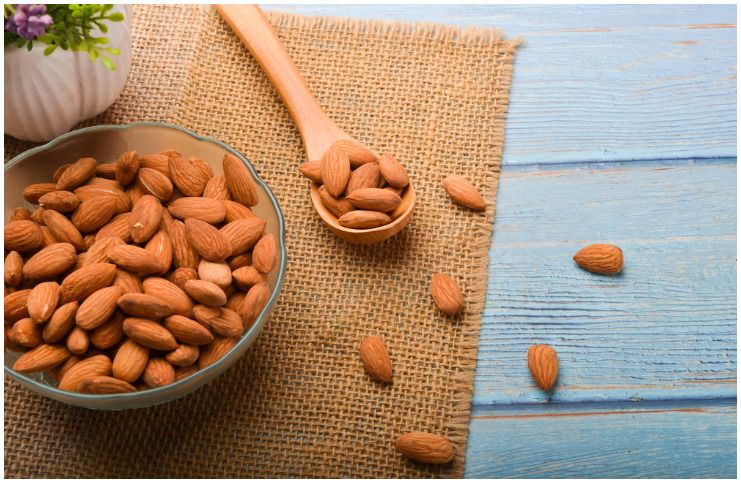
Almonds are a good source of alpha-tocopherol that is an important source of vitamin E. Moreover, the antioxidants in these nuts cleanse your skin by eliminating free radicals and toxins from your body. Besides, almonds are helpful for patients with high blood pressure, a common health problem in the present day.
#11 Corn – 3,6mg/100g (18%DV)
When eaten in an unprocessed method and appropriately prepared, non-GMO whole corn kernels have some remarkable nutrients to offer. For instance, it is a good source of fiber that comprises both insoluble and soluble fiber. According to a review of 22 studies, for every seven grams of dietary fiber consumed per day, your risk of cardiovascular problems lowers by nine percent. In addition, corn is rich in zeaxanthin and lutein, two compounds that promote healthy vision.
#12 Apricots, dehydrated (low-moisture) – 3,6mg/100g (18%DV)
They are an excellent source of vitamin A, a fat-soluble vitamin that helps in vision, cellular differentiation, and healthy fetal development. Apricots also contain vitamin C, a potent antioxidant that helps the body to scavenge harmful oxygen-free radicals and to develop resistance to numerous infectious agents.
#13 Watermelon Seeds, dried – 3,6mg/100g (18%DV)
They are very high in protein (1 cup of these seeds has about 30.6g, which is 61% DV). Moreover, watermelon seeds are rich in essential fatty acids, such as – linoleum acid and oleic acid, that are particularly beneficial for your skin.
#14 Chestnuts – 3,5mg/100g (18%DV)
They also contain high levels of essential fatty acids, which are beneficial for proper neurological development in infants and cardiovascular health. In addition, they are a good source of manganese, an essential mineral that reduces the risk of heart disease and cancer and soaks up free radicals in the body.
#15 Beans, sprouted, cooked, boiled – 3,0mg/100g (15%DV)
Beans have a considerable number of health benefits, from minimizing the risk of heart disease and improving heart function to lowering total and LDL cholesterol and aiding in a healthy weight loss.
#16 Prunes, dehydrated (low-moisture), uncooked – 3,0mg/100g (15%DV)
Prunes are an excellent source of potassium, an essential mineral which helps in numerous crucial bodily functions. More importantly, potassium helps with heart rhythm, digestion, muscle contractions, and nerve impulses, as well as blood pressure.
#17 Macadamia Nuts, dry roasted, with no added salt – 2,3mg/100g (11%DV)
They contain healthy fats which can help keep the arteries in good heart-health condition. Additionally, because macadamia nuts are an excellent source of monounsaturated fatty acids, they also help lower triglycerides and LDL cholesterol levels.
#18 Green Peas, cooked, boiled, drained, without salt – 2,0mg/100g (10%DV)
They are one of the most nutritious leguminous vegetables due to its high content of minerals, phytonutrients, antioxidants, and vitamins. For instance, just one cup of this legume has nearly 44 percent of vitamin K recommended daily intake.
#19 Potatoes, boiled, without salt – 1,4mg/100g (7%DV)
More energy-packed than any other popular vegetables, they have even more potassium than a banana. The phosphorous, iron, magnesium, calcium, and zinc in this vegetable all contribute to the maintenance and building of bone strength and structure.
#20 Broccoli, raw – 0,6mg/100g (3%DV)
It belongs to the cruciferous vegetable family, that includes cauliflower, kale, bok choy, Brussels sprouts, collard greens, cabbage, turnips, and rutabaga. Besides, this vegetable is high in vitamin C, dietary fiber, vitamin B6, magnesium, folate, zinc, vitamin A, and potassium.
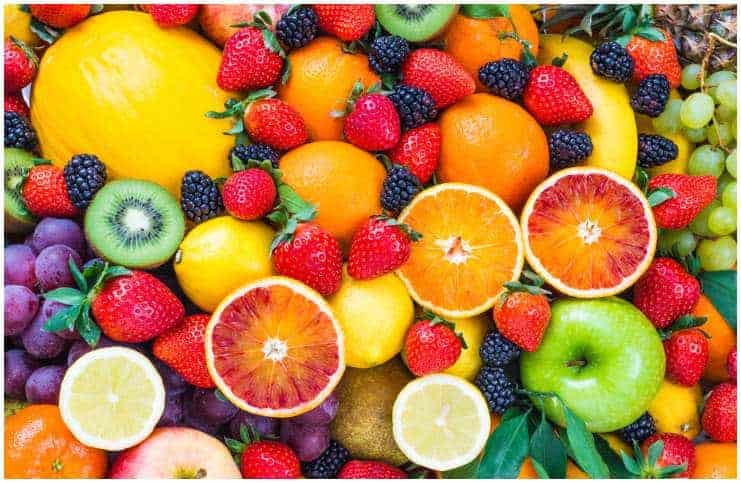
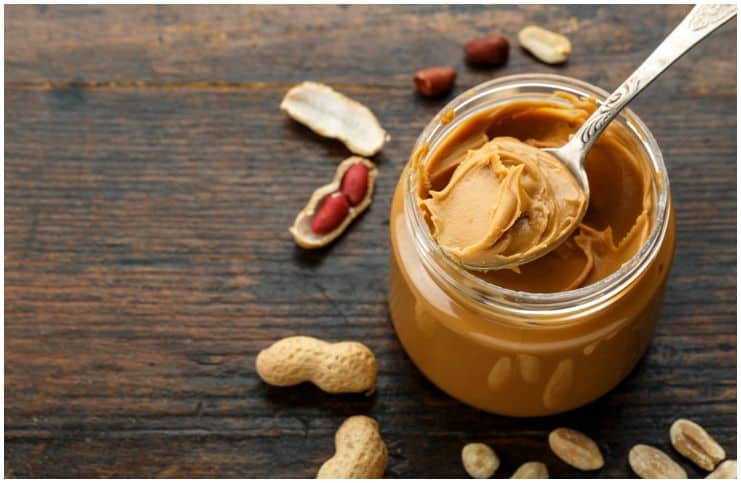
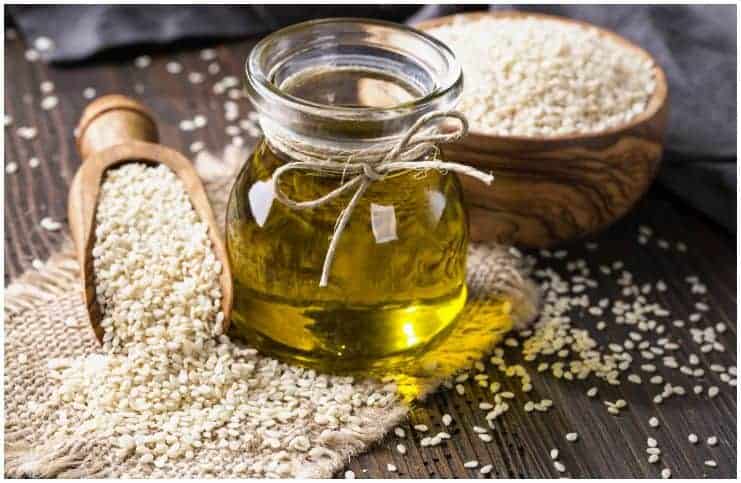
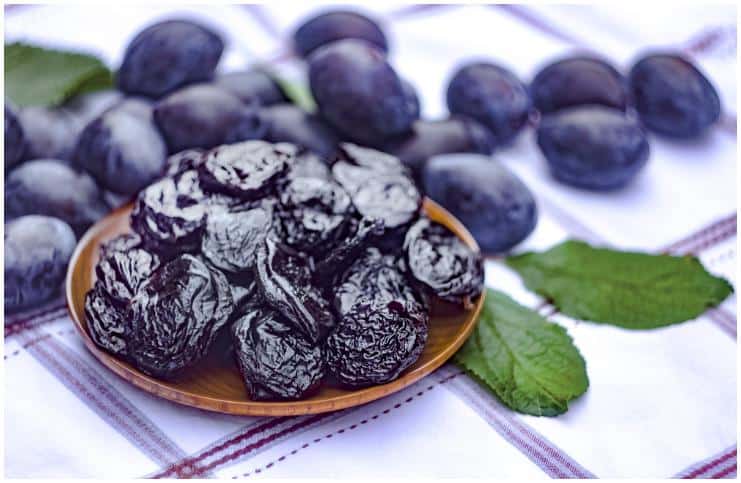
Great info for those interested in maintaining good health and looks.